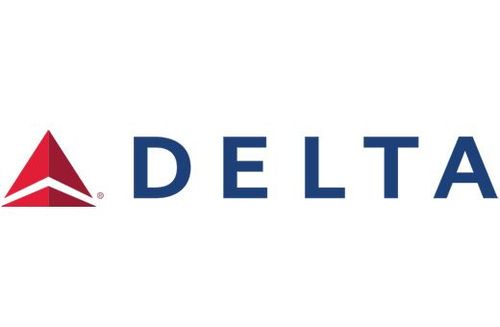Where travel agents earn, learn and save!
News / Simple testing, affordability and sustainability keys to restoring UK aviation
IATA outlined an agenda for the UK to restore its air transport sector

The International Air Transport Association (IATA) outlined an agenda for the UK to restore its air transport sector to health by embracing a simpler COVID-19 testing regime, ensuring affordable, competitive airport costs, and working for net-zero air transport.
Speaking at the UK Aviation Club, IATA Director General Willie Walsh emphasized the value of face-to-face meetings and the desire of travelers to get flying again. But he warned that by restricting travel and persisting with expensive PCR testing, the UK had failed to capitalize on its early start in COVID-19 vaccinations, and slipped behind its principal EU partners.
While welcoming recent moves to cut the number of ‘red list’ countries and finally proposing an end to PCR tests for vaccinated passengers, Walsh warned that problems remain, principally with the new post-arrival antigen test. The UK is relying on a closed shop of private testing providers, the effectiveness of which the Competition and Markets Authority has described as “a lottery”. And prices remain high compared to convenient high-street options elsewhere in the world.
COVID-19 document checks have also been identified as a barrier to travel. The UK must lead with automated digital solutions to take the burden off airlines.
Affordable, competitive air transport costs
The slow UK recovery in air connectivity risks being derailed by the proposed charges increase at the UK’s primary air gateway, Heathrow airport. Leaked papers reveal Heathrow airport’s owners are seeking 90% increases in charges, adding around GBP100 to the cost of an average family’s holiday.
Fly net-zero
On 4 October 2021, airlines at the IATA Annual General Meeting in Boston agreed to achieve net-zero carbon emissions by 2050. This ambitious commitment brings the industry in line with the goal of the Paris climate agreement to limit global warming to 1.5°. Net-zero will be achieved through a combination of sustainable aviation fuels (SAF), new technology, improved infrastructure and operations, and, where in-sector solutions are not possible, through the use of offsetting and carbon capture.











